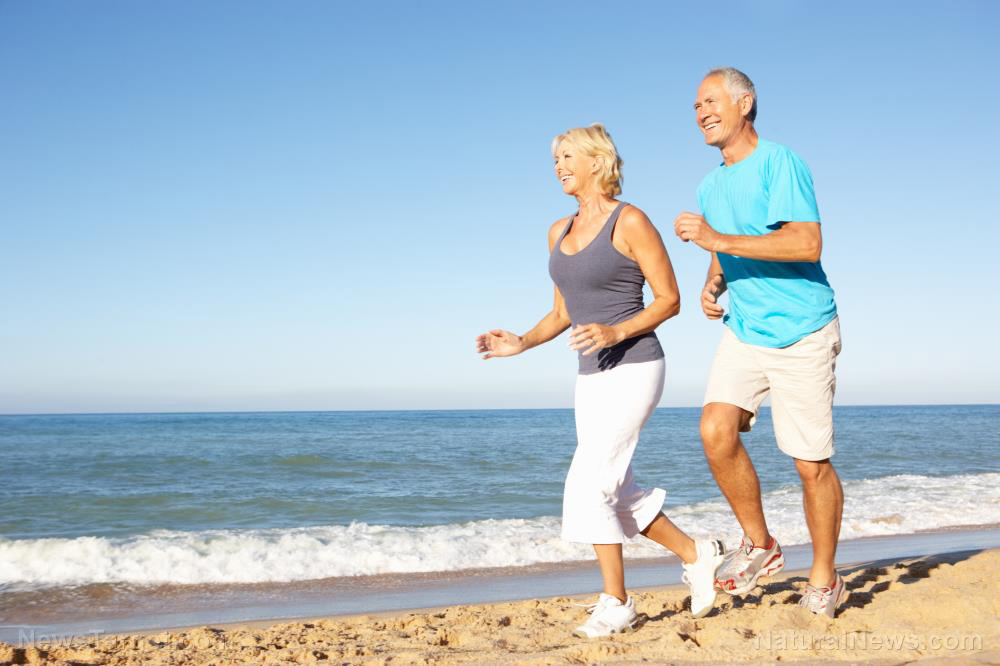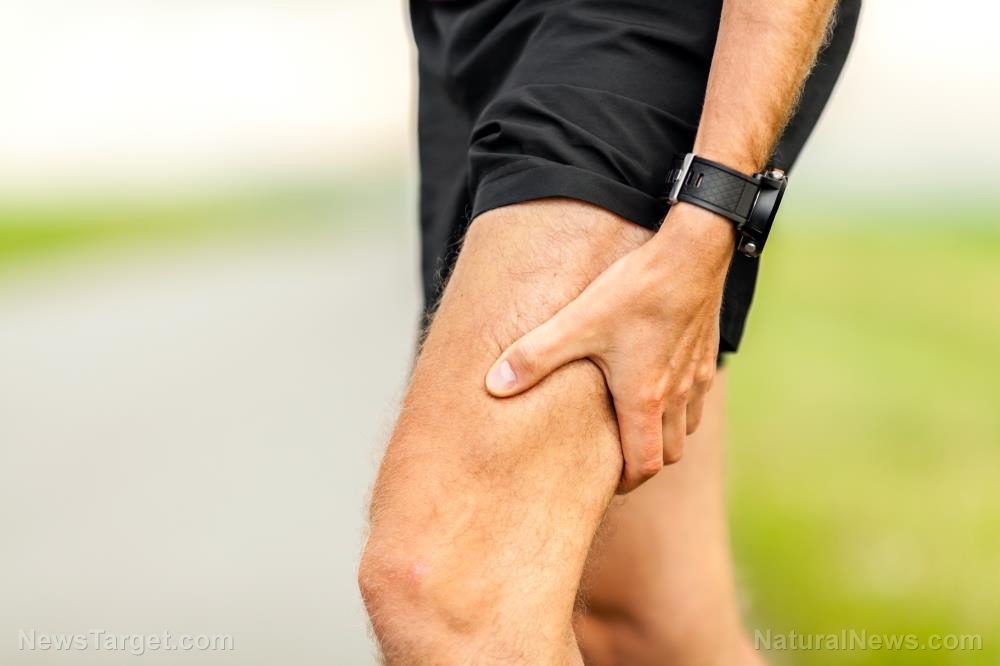Supplementing with protein and vitamin D can improve physical performance in older people
04/02/2019 / By Janine Acero

Many of the illnesses suffered by older people are caused by dietary factors. These are worsened by changes that come naturally with aging. In order to maintain optimal health, older people are often prescribed supplements that will bolster their bodily processes. Different kinds of nutrients have been studied for their effectiveness in improving the overall health of older adults. One study conducted by researchers from the Netherlands investigated the effectiveness of supplementing with dairy-derived protein and vitamin D in improving the physical performance and nutrient status of people already in their sunset years.
Published in the journal Nutritional Research, the study is a systematic review and meta-analysis of relevant trials from the Scopus and MEDLINE databases. The researchers pulled 36 trials with a total of 4,947 participants. They set the following criteria for the chosen articles: double-blind, randomized, and placebo-controlled trials, which included participants aged 55 years or older who received supplementation or a placebo.
For the outcome measures, the researchers used two criteria: nutrient status, which comprised of body weight and body mass index; and physical fitness, which included body composition, muscle strength, and physical performance.
The meta-analysis revealed that protein significantly increased body weight by a mean difference of 1.13 kg. This effect increased when the researchers selected trials that have a six-month duration and involved less nourished and physically fit participants.
Protein supplementation was found to increase lean body mass as shown in trials involving frail, inactive participants, or when supplementing 20 g or more of protein per day.
On the other hand, only small, significant effects of vitamin D supplementation were observed in participants who took Timed Up and Go tests – a mean difference of -0.75 seconds. This effect increased when vitamin D doses ranged between 400 and 1,000 IU. Timed Up and Go is a clinical test that measures, in seconds, the time taken by a participant to stand up from a standard arm chair, walk a distance of three meters, turn around, walk back to the chair, and sit down.
The researchers concluded that supplementing with adequate amounts of dairy-derived protein (at least 20 g) and vitamin D (400-1,000 IU) may exhibit desired effects on the nutrient profile and physical fitness of malnourished or frail older people.
Nutrient needs of seniors
Your body has different nutrient needs in different stages of life. As you get older, you need certain nutrients to maintain optimal health as your body goes through changes that naturally occur with the aging process.
For older adults, calcium and vitamin D are essential for maintaining bone health. Calcium helps reduce the risk of osteoporosis, while vitamin D helps the body to better absorb calcium from the gut. If you take a calcium supplement or multivitamin, choose one that contains vitamin D. (Related: Vitamin D can prevent hip fractures in older adults by making their muscles stronger.)
Vitamin D, of course, can be obtained by going outside and letting your skin soak up some sunlight. Normally, around 20-30 minutes of sun exposure every day is enough to get the desired amount of vitamin D. However, as you get older, you might not get enough sunlight, especially in the winter. Moreover, your skin and other organs that are responsible for producing vitamin D might not work as well as they used to. Therefore, your healthcare provider may prescribe vitamin D supplementation.
Older people need to maintain muscle strength as well. Studies have shown that supplementing with protein, coupled with physical activity, can improve muscle strength and mass.
Eating right and staying fit are important no matter your age. Learn more about the benefits of proper nutrition on aging bodies at AgingSecrets.news.
Sources include:
Submit a correction >>
Tagged Under:
agins secrets, body mass index, body weight, dairy, elderly, fitness, lean body mass, longevity, nutrients, nutrition, older people, physical performance, physical strength, protein, research, seniors, slender, supplements, vitamin D
This article may contain statements that reflect the opinion of the author
RECENT NEWS & ARTICLES
LongevityScienceNews.com is a fact-based public education website published by Longevity Science News Features, LLC.
All content copyright © 2018 by Longevity Science News Features, LLC.
Contact Us with Tips or Corrections
All trademarks, registered trademarks and servicemarks mentioned on this site are the property of their respective owners.




















